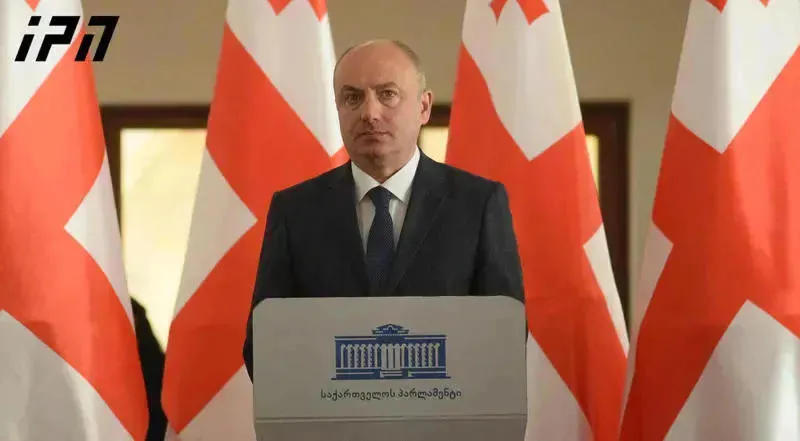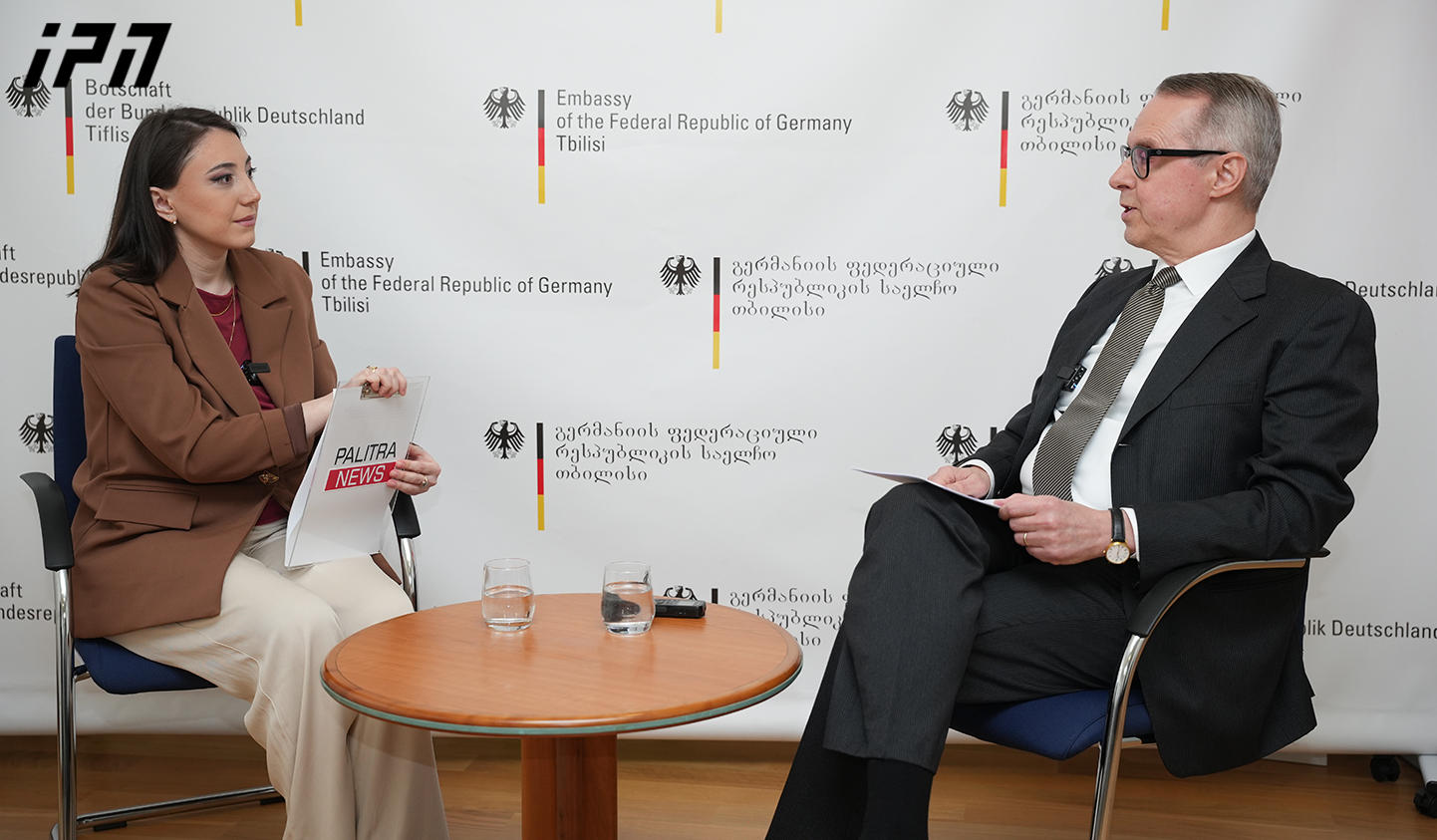Guram Macharashvili: Media freedom is not defined by a journalist’s ability to enter every institution and cover every process — I don’t support it in Parliament either, when journalists chase MPs through the corridors

"Media freedom is not defined by a journalist being able to go everywhere, enter every institution, and cover every process. I’ll say it directly — I don’t support it in Parliament either, when journalists chase MPs through the corridors, enter offices, and so on," said Guram Macharashvili, an MP from the “People’s Power” movement.
According to Macharashvili, their aim is to change the “imposed liberal deep state legislation” and return to true European values.
“In which civilized, democratic, and European country does a journalist go from corridor to corridor and office to office inside a legislative body? Not to mention the judiciary and court proceedings. Name any democratic country you want — where can a journalist enter any court session at any time, film it, and even behave aggressively? This doesn’t happen in any country. We’re trying to change the legislation imposed by the liberal deep state and return to European values. That’s our idea — that, as in leading European countries, journalists should have the civil right to cover processes, but not the right to enter everywhere. The proposed changes are exactly based on this, and they are adapted and approved in any civilized country,” Macharashvili said.
In response to the question of whether this amounts to restricting the media, Macharashvili said the term “restriction” only applies when international standards are being violated.
“We need to understand what the word ‘restriction’ means. It applies when you're violating an international standard. Let me ask: name the leading European countries where not only court access, but even situations like this — you’re standing here, I’m here, and you’re asking questions — where I can just walk around freely and a TV Pirveli journalist can chase after me even if I’m not giving an interview. If we limit that kind of behavior, would you call it a restriction? Show me a European country where MPs and judges are chased like this in Parliament, or where court processes are covered the way they are in Georgia. You won’t be able to name one. We are moving toward Europe, and we want legislation like that of Europe’s leading countries,” he said.
When asked what threat media representatives pose if, for instance, they are simply working in the court’s yard, Macharashvili responded that when protest participants know the media is present in the yard, they deliberately stage their demonstrations there.
“We saw how court yards were used — they were turned into centers of confrontation, sites of protest. Look at social media — ‘let’s gather in the court yard.’ What does that mean? Name a country where protests are announced in front of a courthouse, flags are waved, clashes begin, and so on. When the participants of violent rallies know that the media is going to be there, that’s why they do it,” Macharashvili said.
For context: Under the proposed changes to the “Law on Common Courts,” taking photos, videos, or broadcasting inside court buildings, courtrooms, or court yards will be prohibited. Only the court itself or an authorized person appointed by the court will be allowed to record or broadcast. The bill has already been initiated in Parliament. According to the draft, the court may distribute footage or recordings of court proceedings in its possession if it does not violate the law. Video and audio recording of hearings will only be allowed based on a substantiated motion and a motivated decision by the judge.
